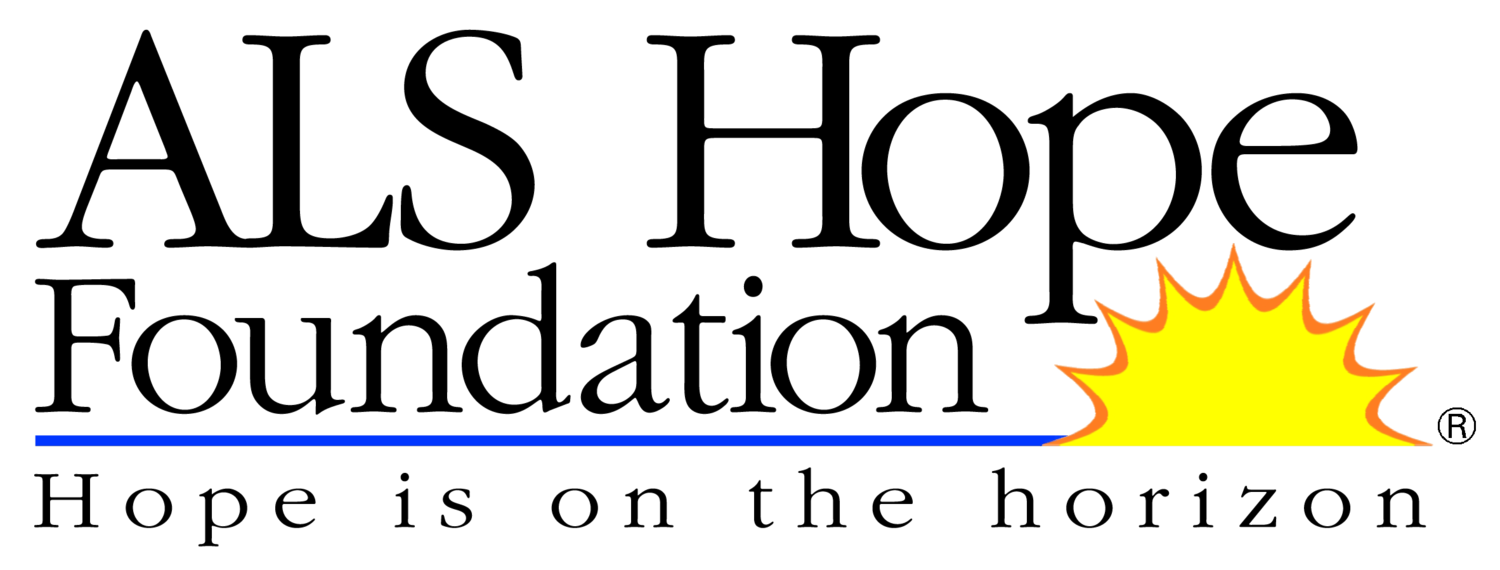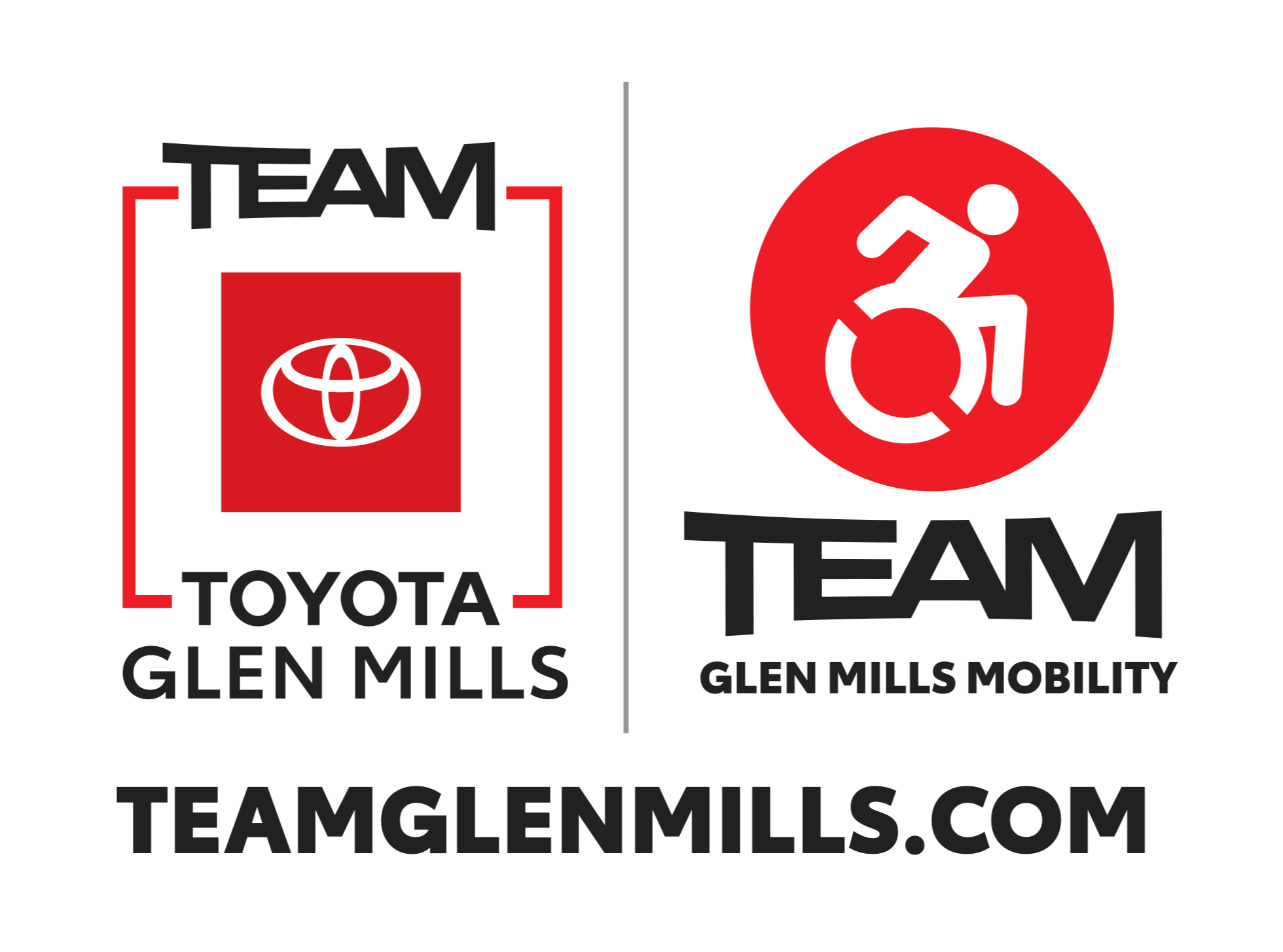Report on RESNA 2019 #RehabWeek
/The Rehabilitation Engineering and Assistive Technology Society of North America (RESNA) 's annual conference, #RehabWeek, was held in Toronto, Canada, June 24-27, 2019. Sara Feldman, PT, DPT, ATP, the Assistive Technology Professional at the MDA/ALS Center of Hope, attends the conference every year to keep up on the newest developments in assistive technology. The conference attendees include users, Rehab Engineers, PTs, OT, SLPs, researchers, suppliers, manufacturers, students, and other individuals working with assistive technology. Here Sara shares her experience:
The RESNA Conference is a combination of keynote lectures, panel discussions, poster presentations, and workshops happening throughout the day. This year's conference, #RehabWeek, involved five other organizations concurrently holding their conferences:
• the International Functional Electrical Stimulation Society (IFESS)
• the International Conference on Rehabilitation Robotics (ICORR)
• the International Industry Society in Advanced Rehabilitation Technology (IISART)
• the American Congress of Rehabilitation Medicine (ACRM)
• the International Society for Prosthetics and Orthotics (ISPO Canada)
This collaboration increases the numbers and diversity of both presenters and topics!
The Keynote Speakers:
The first speaker was computational neuroscientist, David Putrino, PT, Ph.D., (Mt Sinai HC, NYC). His lecture on "How to be an Innovator: Exploring rehabilitation and human performance in the 21stcentury" was excellent and showed us what is possible if you have the right mindset. For more on the work, he and his collaborators are doing see Putrino Lab and Not Impossible Labs.
Deborah Backus, PT, Ph.D., is the director of MS research at the Shepherd Center (Atlanta, GA) and her topic, "Why Technology Innovation does not Equal Technology Adoption: Strategies for Successful Uptake," discussed opening the communication between the people in research and the people who use assistive technology. When deciding what AT to use, clinicians ranked "Evidence" as number one and users ranked "ease of use" as number one. She wants to bring these two closer together. When it comes to the process of idea to design to test to launch, only 2% of ideas ever make it to the intended users. Our role as clinicians is to help it to happen.
Mark Stephan, Board of Directors, Shirley Ryan Ability Lab, (Chicago, IL) spoke on "Recovery," and told his story of rehabilitation following a spinal cord injury. His story is inspirational and amazing and full of hard work and grit. He was the inspiration behind the Shirley Ryan Ability Lab, a place where "clinicians, scientists, innovators and technologists will work together in the same space, applying or "translating" research real-time."
Edward Lemaire, Ph.D., Ottowa Hospital Research Institute, presented on "Wearable and Wear-Nothing Approaches for Digital Transformation" which described using smartphone Apps to track patients' progress and transforming standard clinical spaces into "smart" spaces.
Katherine J. Kuchenbecker Ph.D. directs the Haptic Intelligence Department at the Max Planck Institute for Intelligent Systems in Stuttgart, Germany. Her lecture on "Haptic Interactions Matter" focused on the tactile interaction between people and the environment. Much of her work focuses on giving tactile feedback to surgeons using robotics, but her ideas also translate to other areas of robotics.
Geoff Fernie CM, Ph.D., PEng, CEng, FCAHS gave RESNA's Colin McLaurin Distinguished Lectureship Award Lecture. His presentation, "Prevention is an Important Topic for Rehabilitation Researchers" was an interesting and informative look at small changes aimed at prevention that can make a huge difference in a person's ability. One example was their research into the treads on people's winter boots that lead to Rate My Treads, a website that rates the slip resistance of footwear….preventing slip and falls!
Workshops:
There were multiple workshop-style presentations throughout the week, here are the highlights with a few links for you to check out!
In "Adaptive and Therapeutic Approaches to Videogaming" Occupational Therapists M Calder (Stan Cassidy Centre for Rehabilitation) and E Muston-Firsch (Craig Hospital) presented on playing videogames, and how to make them more accessible. The first step is to look at what is already available in the software of the system, then the hardware, to look at adaptive controllers and 3D printing. We were all then given a chance to try the different set-ups and play the games with the adapted set-ups. Very cool!
"Hands-free Mice: What's Currently Available and How to Make the "Right" Choice" was an excellent presentation by H Koester (Koester Performance Research). She has a blog post where she describes her experience at RESNA this year as well as shares her information. Highlights from the 2019 RESNA Conference.
"Unlocking Your Smartphone's Potential: Considerations and Application," was another excellent presentation by K Engstrom and S Sanderstrom (Craig Rehab) and was an across platform look at smartphone accessibility. We will be pulling this information together for our resource section soon, but here is a peek at Craig Rehab’s site.
The assistive technology that is available for people with ALS is ever-changing and evolving. The RESNA conference is an excellent place to learn about the newest technology and find out what is truly functional and what is hype. This year was no different!






